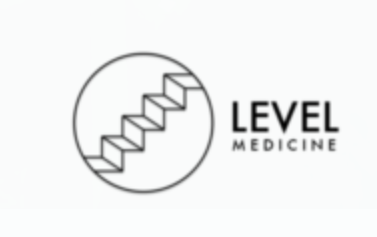Web Resources
Anti-racism toolkit
Following on from the NoWEM Anti-racism & Emergency Medicine online event, our panel have constructed a toolkit with resources to build your skills and knowledge in anti-racism. We hope this toolkit can inspire and inform anti-racist action in our community - please feel free to share.
feminem
FemInEM is an open access resource where we discuss, discover, and affect the journey of women working in emergency medicine. Through deliberate conversation and engaging dialogue, members explore a variety of issues that support the development and advancement of all women in medicine. FemInEM aims to address gender disparities in a positive way, empowering physicians of all genders.
Times up Healthcare
The clock has run out on sexual assault, harassment and inequality in the healthcare workplace: it's time to do something about it. Time’s Up Healthcare was founded to unify national efforts to bring safety, equity, and dignity to our healthcare workplace, because a safe, equitable, and dignified workforce will promote high-quality patient care.
Be Ethical
Lead by Dr Julie K. Silver MD, the Be Ethical Campaign is a call to action for healthcare leaders to recognize that workforce gender equity is an ethical imperative and to take action to bring about change. This paper articulates comprehensive, system-wide, scientifically driven measures to end gender disparities in healthcare.
Level Medicine
Level Medicine is an Australian organisation, which aims to change the conversation around gender in medicine, engaging people to work together to achieve gender equality. They undertake research, create infographics to make data accessible and engage in National Inquiry Submissions on a range of topics. We strongly recommend you check them out - they are a wonderful resource!
Workplace gender equality agency
The Workplace Gender Equality Agency (WGEA) is an Australian Government agency charged with promoting and improving gender equality in Australian workplaces. WGEA collects and reports on data about women’s representation and participation in the workforce. WGEA works with various industries and organisations to promote gender equality. Their website has a huge amount of data, resources and practical tools.













